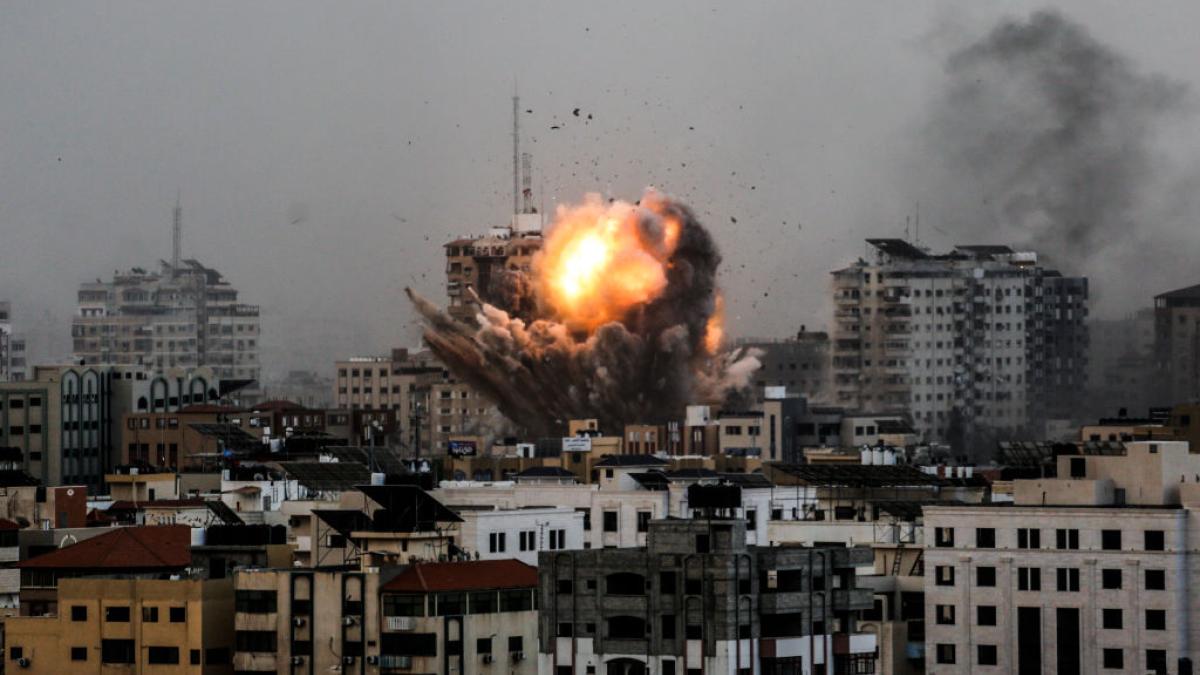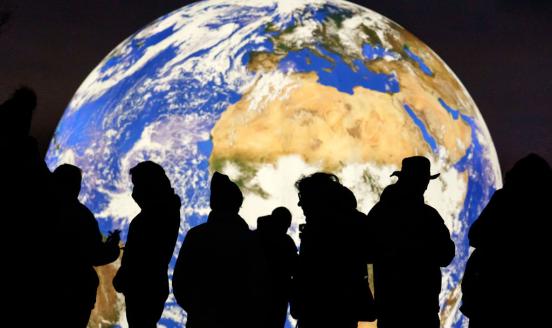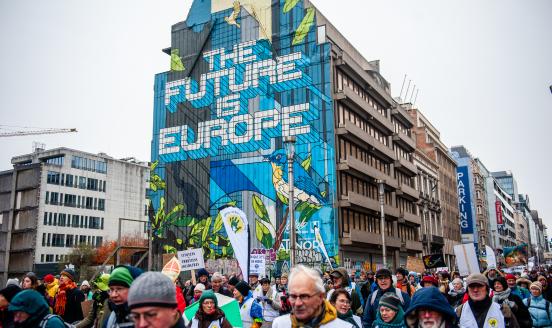Israel-Hamas war: implications for the global oil market
Fears of Iranian involvement in the Hamas attack could destabilise the global oil market

Though Israel is not an oil producing country and no major international oil infrastructure runs close to the Gaza Strip or southern Israel, the outbreak of serious conflict in the area nevertheless has implications for the stability of the global oil market. There are two reasons for this. First, global energy markets do not like turmoil in the Middle East, as the region contributes about a third of global oil production. Second, global energy markets worry about the potential role of Iran in the conflict.
Iran has made a significant comeback to global oil markets over the last year, with production and exports surging. The International Energy Agency estimates that in the first eight months of 2023 alone, Iranian crude oil production increased by 600,000 barrels per day – the world’s second largest source of incremental supply in 2023 after the United States. In August, Iranian output reached 3.14 million barrels per day, the highest since 2018, when the Trump Administration abandoned the Iran nuclear deal – formally known as Joint Comprehensive Plan of Action (JCPA) – and restored US sanctions on Iranian oil. Iran’s crude exports have risen to 1.9 million barrels per day according to Kepler, 80% of which goes to China.
Trump’s measures had slashed Iranian oil production and exports to a 30-year low. But since 2022, the Biden Administration has turned a blind eye to the US’s own sanctions and has backed away from some measures meant to stop Iran’s oil shipments. The easing of US pressure was done to facilitate the negotiations that led to the release of five Americans imprisoned in Iran, and most notably to increase the liquidity of the global oil market in the context of the Ukraine war and sanctions on Russian oil.
The potential involvement of Iran in the Hamas attack against Israel could push the United States to enforce again its sanctions against Iran, significantly cutting its oil exports. That could see global oil prices rising to $100/barrel or beyond, pushing inflation higher and further complicating the efforts of central banks to bring it under control. It should be noted, though, that Saudi Arabia and the United Arab Emirates have significant spare capacity and could ramp up their oil production if they wished.
Global energy markets also fear that the potential involvement of Iran could spark instability around the Strait of Hormuz, the world’s most important energy chokepoint. Every day, a fifth of the global oil supply and a quarter of global liquefied natural gas (LNG) trade pass through this sea route between Oman and Iran.
Should transit be disrupted, even for a few days, the repercussions for global oil and gas prices would be substantial. Equally substantial would be the repercussions of any act of sabotage against oil and gas infrastructure in the Middle East and North Africa region. While not necessarily tangible today, these security risks must be carefully assessed and managed by governments, starting from those in Europe.



